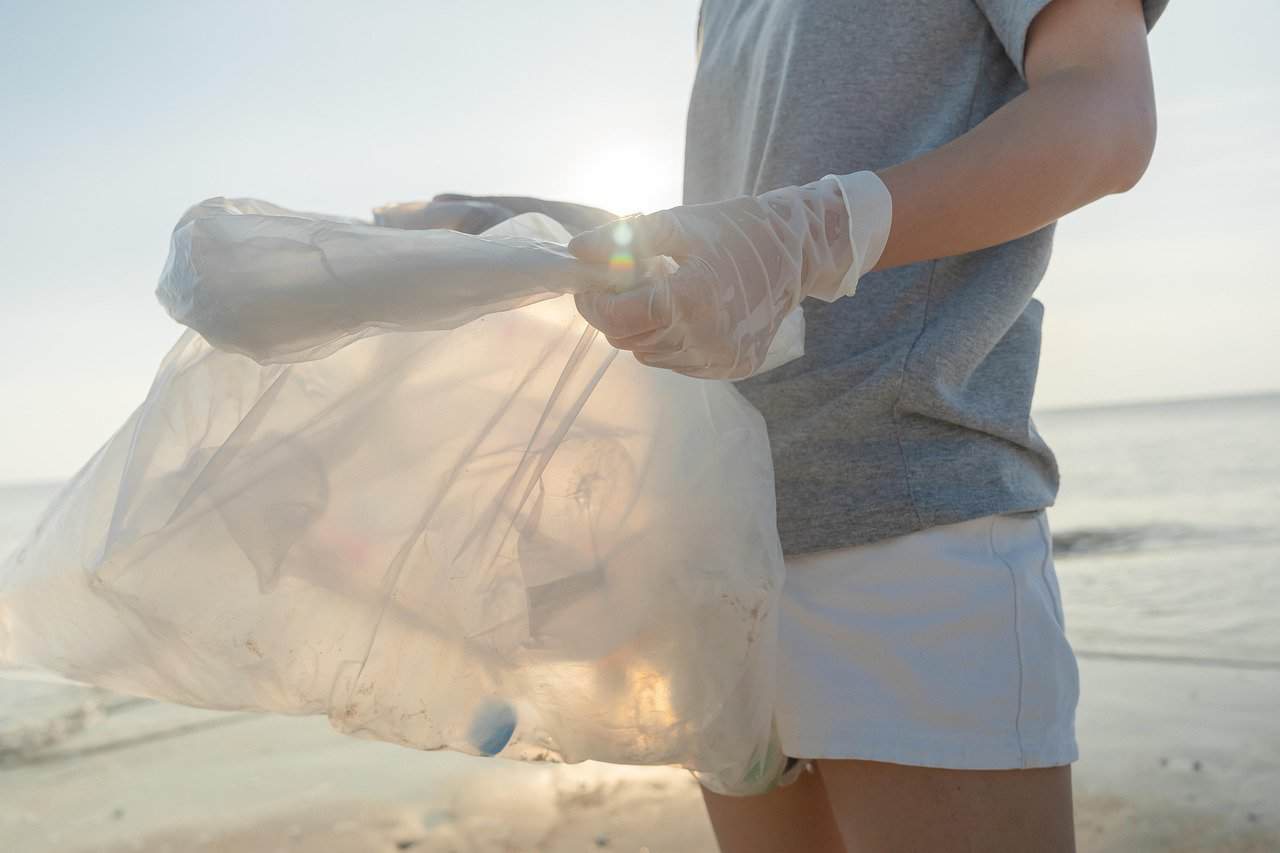On World Environment Day, UN Secretary-General António Guterres called for action to tackle plastic pollution, a crisis clogging rivers, oceans, and wildlife worldwide. “By 2050, there could be more plastic in the ocean than fish,” he warned, noting that 460 million metric tons of plastic are produced yearly, half for single use, with only 9% ever recycled. The crisis even threatens human health, as microplastics infiltrate bodies, raising risks of serious complications. Costa Rica is answering the call with its National Plastics Action Roadmap, a plan to nearly eliminate plastic pollution by 2040, setting a global example through bold collaboration.
Costa Rica’s roadmap brings together government, private sector, academia, and civil society to drive systemic change. It’s not just about new laws—it’s about reshaping how the country produces, uses, and disposes of plastics. Current measures alone would barely reduce plastic waste, but the roadmap aims to cut contamination to just 2% by 2040. “Costa Rica has shown it can lead on environmental issues. This is our chance to do it again,” said government officials. The plan relies on transforming consumption habits, industrial processes, product design, and recycling infrastructure.
The roadmap lays out clear steps: short-term actions like banning single-use plastics, medium-term goals like expanding recycling capacity, and long-term shifts toward circular solutions, such as reusable products. It also pushes innovation—think biodegradable materials—and sustainable financing, like Ghana’s proposed Global Plastics Pollution Fee to hold polluters accountable. Private sector input was key, with companies like Coca-Cola Costa Rica testing reusable packaging. Academia, including the University of Costa Rica, is researching eco-friendly materials, while civil society groups run public awareness campaigns.
“Costa Rica has long championed environmental diplomacy, rooted in multilateralism, human rights, and sustainable development,” said Ambassador Alejandro Solano, Vice Minister of Multilateral Affairs. Our country’s track record—protecting 25% of its land as national parks and leading in renewable energy—gives us credibility. But challenges remain. Globally, plastic pollution could triple in marine environments by 2040 without action, and only 10% of plastic is recycled today. In Costa Rica, limited recycling infrastructure and entrenched consumer habits are hurdles.
Guterres’ World Environment Day message ties to global efforts, like the UN’s push for a legally binding plastics treaty, set for further talks in August 2025 after delays in 2024. He calls for an “ambitious, credible, and just” agreement covering the entire plastic lifecycle, from production to disposal. But resistance from fossil fuel nations and the plastics industry, including companies like ExxonMobil, has stalled production caps, favoring recycling over deeper cuts. Costa Rica’s proactive plan stands out in this context.
Health risks add urgency. Plastics contain over 13,000 chemicals, 3,200 of which are hazardous, linked to cancers and endocrine disruption, costing the U.S. alone $400 billion annually in health expenses. Microplastics have infiltrated human blood and brains, harming ecosystems and communities, especially waste pickers who handle 60% of recycled plastics globally. Costa Rica’s roadmap prioritizes protecting these workers through better waste management and job training.
Success depends on everyone. We must embrace recycling and cut single-use plastics—habits hard to break in a convenience-driven culture. Local efforts, like beach cleanups in Guanacaste and school programs teaching kids about circular economies, are gaining ground. But scaling these requires funding, estimated at $1.64 trillion globally by 2040 for recycling, cleanup, and redesign. Costa Rica is exploring models like the Montreal Protocol’s fund to support developing nations.
The UN’s Inger Andersen calls it a chance for “multilateralism to deliver,” but industry pushback and financing gaps loom large. Still, Costa Rica’s plan offers hope. By blending policy, innovation, and community action, our country aims to show the world how to beat plastic pollution—one reusable bottle at a time.






